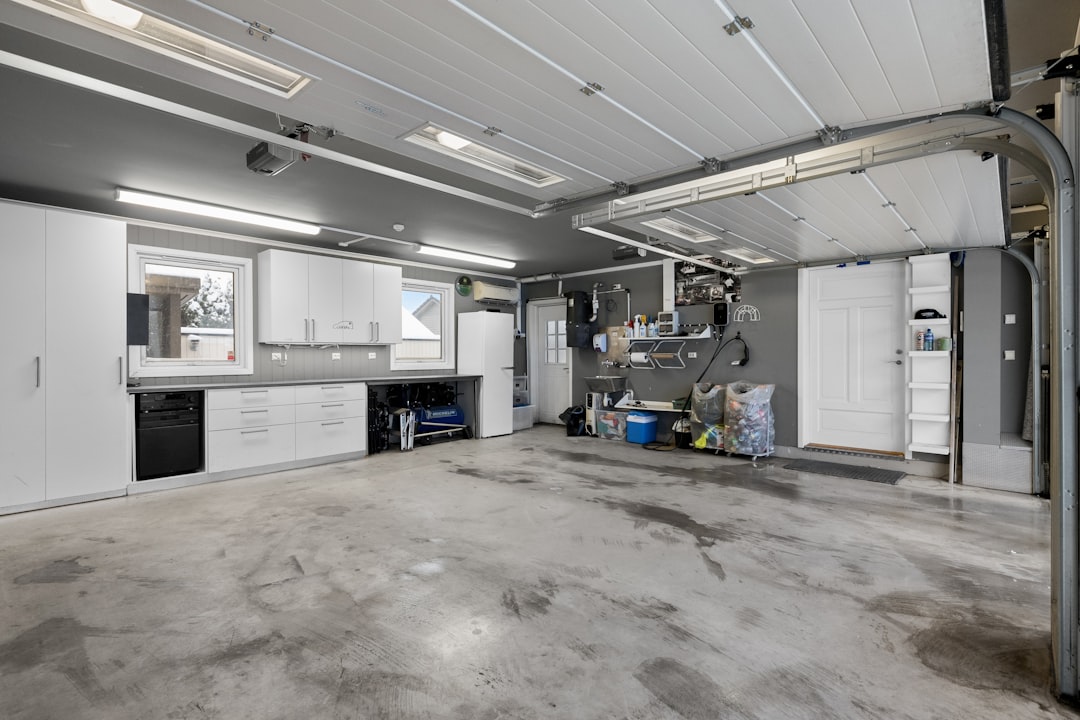
Professional garage cleaning services are essential for maintaining a functional and organized space. The cost typically ranges from $45 to $75 per hour, depending on factors such as location, level of clutter, and additional services. This guide provides insights into current pricing trends and how to accurately estimate costs using advanced tools.
Hourly rates provide transparency and allow for precise cost comparisons. They help align client expectations and ensure accurate labor-to-material ratios, crucial for maintaining profitability in specialized cleaning services.
Nationwide, garage cleaning services cost between $45 and $75 per hour. Factors such as regional labor rates, seasonal demand, and disposal fees influence these prices. In major metropolitan areas, the average rate is approximately $60 per hour.
Advanced estimating tools can streamline the process by providing real-time labor rates and material costs, ensuring accurate and competitive quotes.
Consumables such as garbage bags, cleaners, and PPE are tracked to ensure up-to-date pricing in estimates.
Many contractors transition to flat-rate pricing by leveraging historical data, allowing for streamlined and predictable billing.
A recent project involved an 18-hour cleanout at $72 per hour, with material costs of $210. The final invoice closely matched the estimate, demonstrating the accuracy of advanced estimating tools.
For more information, visit CountBricks.com.

Utilizing hourly data effectively can transform garage cleaning services into a profitable business line. Here are strategies to leverage this data for growth.
Use completed project data to accurately estimate additional services, such as floor epoxy or cabinetry, providing clients with reliable package pricing.
Historical data helps forecast crew needs, ensuring efficient scheduling and reducing overtime.
Use aggregated data to negotiate better prices with suppliers, updating material libraries for accurate future estimates.
Provide detailed reports to clients, showcasing transparency and building trust.
For more workflow tips, visit CountBricks.com.